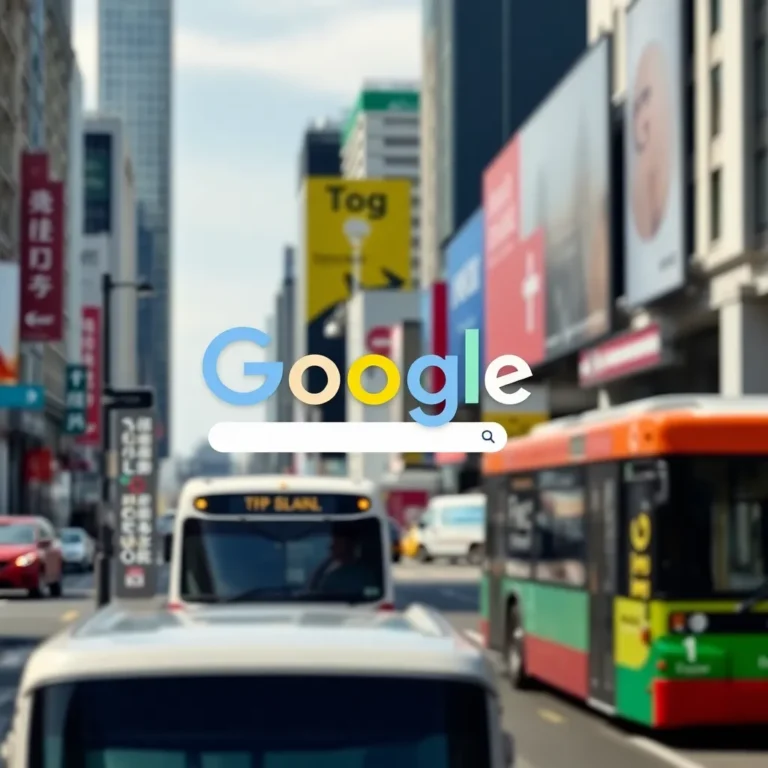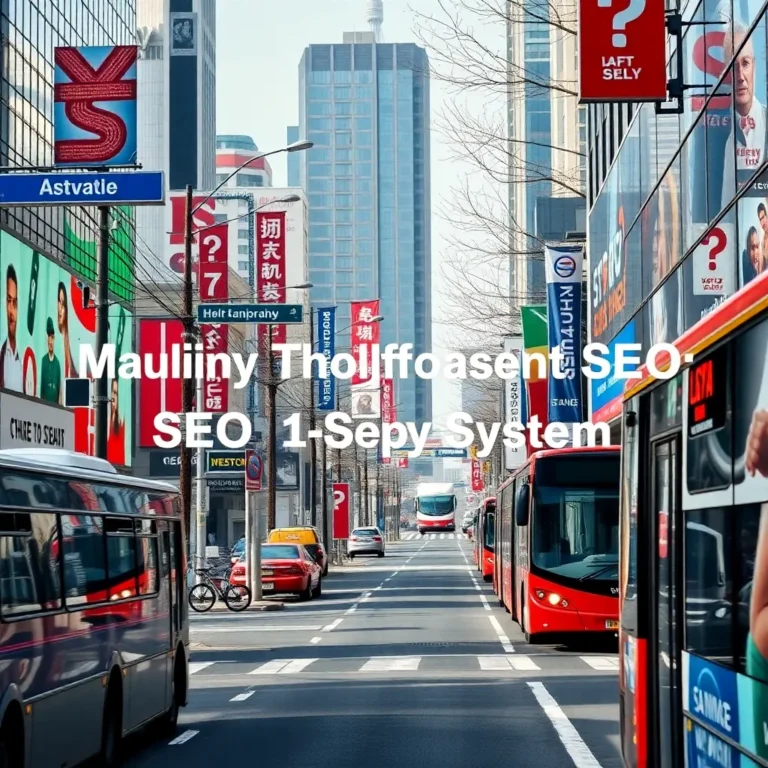Navigating AI Search: Complex Queries & Zero-Click Futures
AI search trends are rapidly reshaping how users interact with information and how search engines deliver it. At their core, these shifts are characterized by a notable growth in more complex queries and a simultaneous decrease in traditional click-through rates (CTRs) to websites. This evolution is driven by sophisticated AI models that can understand nuanced language, context, and user intent, moving beyond simple keyword matching.
The rise of complex queries means users are asking search engines more detailed, conversational, and multi-faceted questions, often expecting direct, comprehensive answers rather than a list of links. For instance, instead of “best coffee,” a user might ask, “What are the health benefits of cold brew coffee compared to hot coffee, and which local cafes offer it?” This reflects an expectation that AI-powered search can process natural language and provide synthesized information. This trend benefits users by delivering highly relevant and often immediate answers, enhancing the search experience's efficiency and depth.
However, this increased sophistication leads directly to the second major trend: decreased click-through rates. As AI-powered search results, such as generative AI summaries, rich snippets, and direct answer boxes, become more prevalent and accurate, users find their information needs satisfied directly on the search results page (SERP) without needing to click through to a third-party website. This phenomenon, often termed “zero-click searches,” poses significant risks for content creators and businesses reliant on organic traffic. Publishers may see a decline in website visits, impacting advertising revenue and lead generation, even if their content is the source of the AI's answer.
To adapt, content creators must focus on producing authoritative, well-structured content that directly answers complex questions, making it easily parsable by AI. Optimizing for featured snippets and rich results becomes paramount. The benefit for those who adapt lies in maintaining visibility and establishing expertise, potentially through brand recognition within AI-generated summaries or through strategic use of schema markup. The overarching definition of these trends points to a future where search is less about navigation and more about direct information synthesis, demanding a fundamental re-evaluation of SEO and content strategy.









